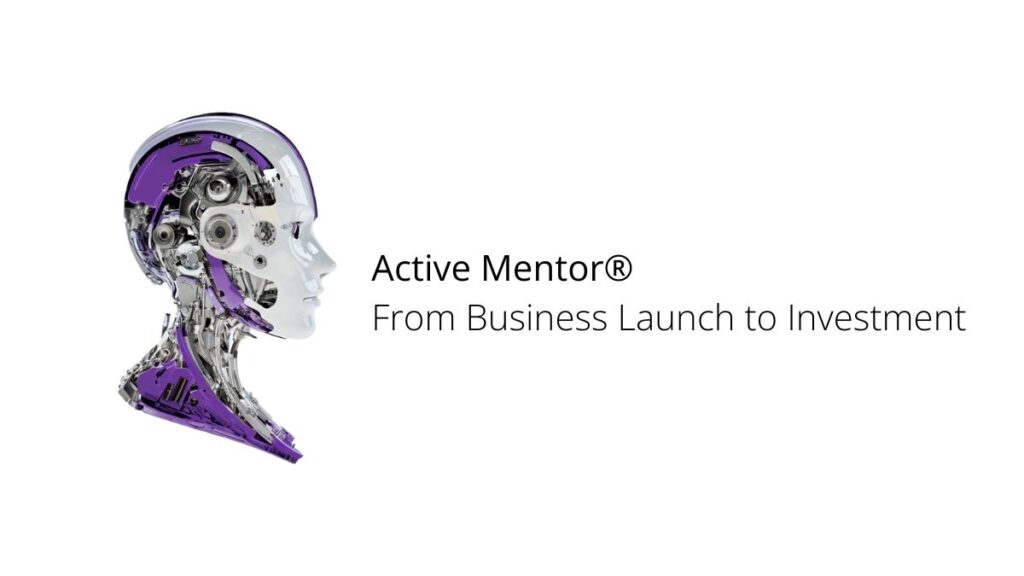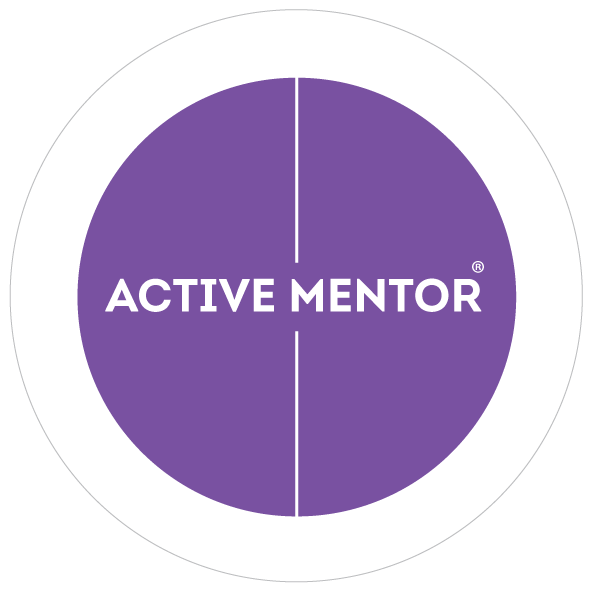Launching a startup is both an art and a science. While entrepreneurial passion can ignite great ideas, success hinges on methodical planning, robust execution, and quick adaptation. Investors increasingly look for teams that can navigate common pitfalls, refine their strategies, and safeguard their capital. This is where Active Mentor® stands apart, systematically equipping founders with the frameworks, resources, and hands-on support to turn strong ideas into investable businesses.
This article explores startups’ most common mistakes in their critical early stages. We also reveal how Active Mentor®’s Trinity Model®—emphasising Value Proposition, Business Model, and Marketing Strategy—helps founders sidestep these missteps. Ultimately, we aim to show investors why businesses built with Active Mentor® are poised for efficient, strategic growth and prepared to optimise incoming capital.
- Failing to Validate Market Demand
The Pitfall
A well-known startup killer builds a product in a vacuum, hoping user demand will spontaneously appear. According to CB Insights, 42% of startup failures result from a lack of genuine market need for the product.[1] This oversight can be exceptionally costly, burning through capital as teams develop features nobody wants.
How Active Mentor® Addresses It
• Customer-Centric Approach: Founders work with Active Mentor® to conduct focused interviews and analyse industry data to validate the market need before significant resources are deployed.
• Trinity Model® Value Proposition: By clarifying what the product does, who the target customers are, and which needs it fulfills, founders gain crystal-clear insights into market feasibility and demand.
Investor Takeaway
Well-validated businesses minimise risk. When founders demonstrate a data-backed product-market fit, it signals to investors that their capital will be utilised for growth rather than trial-and-error experimentation.

- Overlooking a Sustainable Business Model
The Pitfall
A compelling product without a durable revenue model spells trouble. Startups that rely on transient trends or poorly defined monetisation strategies frequently collapse. This is particularly true for tech-driven sectors like SaaS or AI, where scaling costs can spike rapidly if not carefully managed.
How Active Mentor® Addresses It
• Rigorous Financial Analysis: Active Mentor® helps founders project revenues, costs, and potential profit margins, ensuring each step of the business model is grounded in reality.
• Trinity Model® Business Model Focus: By identifying the precise resources and activities required to deliver the product, founders learn to optimise operations and contain costs—two elements investors observe.
Investor Takeaway
A startup that has a clear path to profitability is exponentially more attractive. Investors want a well-considered business model that scales without eroding gross margins.

- Mismanaging Cash Flow and Burn Rate
The Pitfall
One of the leading causes of failure, particularly among first-time founders, is running out of cash. Even a great idea can collapse under the weight of unsustainable spending. U.S. Bank studies indicate that 82% of business failures are due to cash flow mismanagement.[2]
How Active Mentor® Addresses It
• Detailed Cash Flow Projections: Active Mentor® enforces strict financial discipline early on, requiring founders to forecast fixed and variable costs for at least 6 to 12 months.
• Regular Milestone Reviews: Founders learn to adjust their spending in line with revenue milestones and market feedback, extending the runway and optimising capital deployment.
Investor Takeaway
A startup’s burn rate is a direct measure of its fiscal responsibility. Investors favour teams that demonstrate prudent use of funds and realistic planning, ensuring they won’t need an emergency bridge round.

- Assembling the Wrong Team
The Pitfall
A flawed or incomplete founding team can derail even the most promising concept. 23% of startup failures are attributed to not having the right people in place.[1] Hiring hastily or bringing on co-founders misaligned with the vision can create irreparable fractures.
How Active Mentor® Addresses It
• Strategic Talent Development: Active Mentor®’s experts guide founders in identifying the skill sets critical for immediate traction and long-term growth.
• Cultural and Vision Alignment: Through advisory sessions and milestone-based training, Active Mentor® ensures that core team members share a vision and an execution ethos.
Investor Takeaway
Investors back strong teams capable of navigating adversity. The right talent mix and leadership capacity can transform potential into performance, securing the investor’s stake.

- Ineffective Marketing and Customer Acquisition
The Pitfall
In a world saturated with options, “if you build it, they will come” simply does not apply. Failing to define acquisition channels or ignoring the Customer Acquisition Cost (CAC) can stifle growth and dilute capital.
How Active Mentor® Addresses It
• Trinity Model® Marketing Strategy: Founders learn to establish effective pricing, optimise distribution channels, and incorporate strategic promotional tactics that align with budget constraints and target market behaviors.
• Early Revenue Focus: Active Mentor® emphasises minimum viable marketing tactics, ensuring startups can demonstrate traction with real customers before scaling.
Investor Takeaway
Scalable and cost-effective marketing is a key marker of investability. Investors seek startups that can attract and retain customers at a lower cost, translating directly to profitable growth.

- Inability to Iternate and Adapt Quickly
The Pitfall
Stubbornly clinging to an idea when the market shifts is a recipe for obsolescence. Adaptive leadership and rapid iterations can make the difference between remaining relevant or becoming a cautionary tale. Harvard Business Review underscores that agile frameworks in startups enhance their ability to capitalise on changing trends.[3]
How Active Mentor®® Addresses It
• Iterative Feedback Loops: Active Mentor® encourages founders to pivot or iterate by reviewing performance data regularly as new insights emerge.
• Learning Culture: Rather than viewing failed experiments as losses, Active Mentor® frames them as critical learning opportunities, fortifying the founder’s resilience and strategic thinking.
Investor Takeaway
A business that is prepared—and willing—to iterate can more effectively protect an investor’s stake. Adaptability often correlates with longevity, which is precisely what investors are eager to fund.

Conclusion: Why Investors Should Pay Attention
Active Mentor®’s track record in hands-on, results-oriented startup development is a differentiator for investors seeking confidence in where they deploy capital. By instilling financial discipline, cultivating strong leadership teams, and using the Trinity Model® to align value proposition, business model, and marketing strategy, Active Mentor®-readied startups are better primed to make the most of incoming funds—while minimising risks that typically sink early-stage ventures.
In short, investing in a startup guided by Active Mentor® is an investment in rigorous planning, strategic execution, and a culture of continuous improvement. The pitfalls are well understood and systematically mitigated, ensuring the founders focus on delivering returns for all stakeholders.
Citations
- CB Insights. “Why Startups Fail: The Top 20 Reasons.” https://www.cbinsights.com/research/startup-failure-reasons
- U.S. Bank Study. “Small Business Failure Rate Due to Cash Flow Issues.” https://www.usbank.com/financial-study
- Harvard Business Review. “The Science of Scaling Startups.” https://hbr.org/2022/05/the-science-of-scaling










